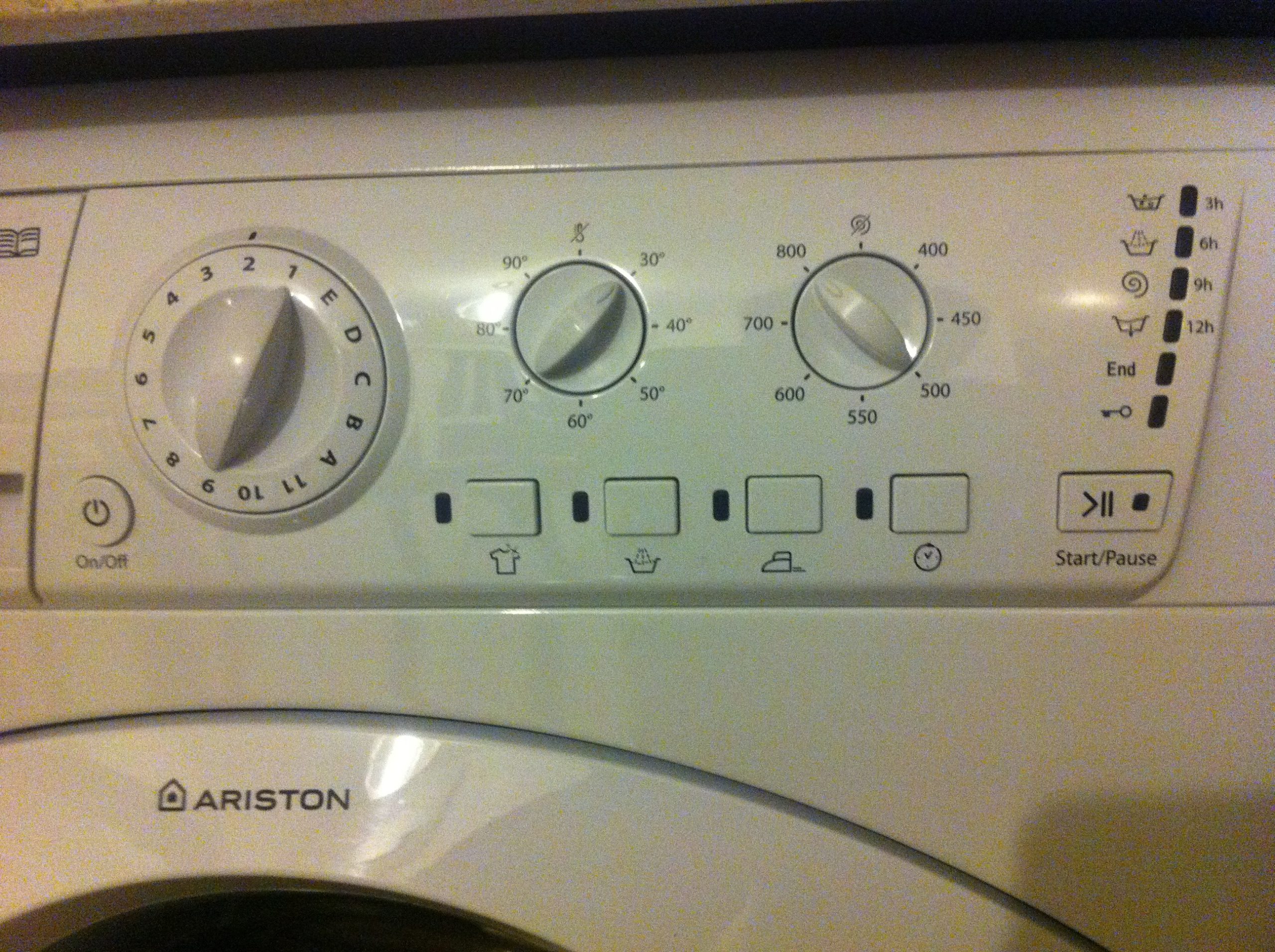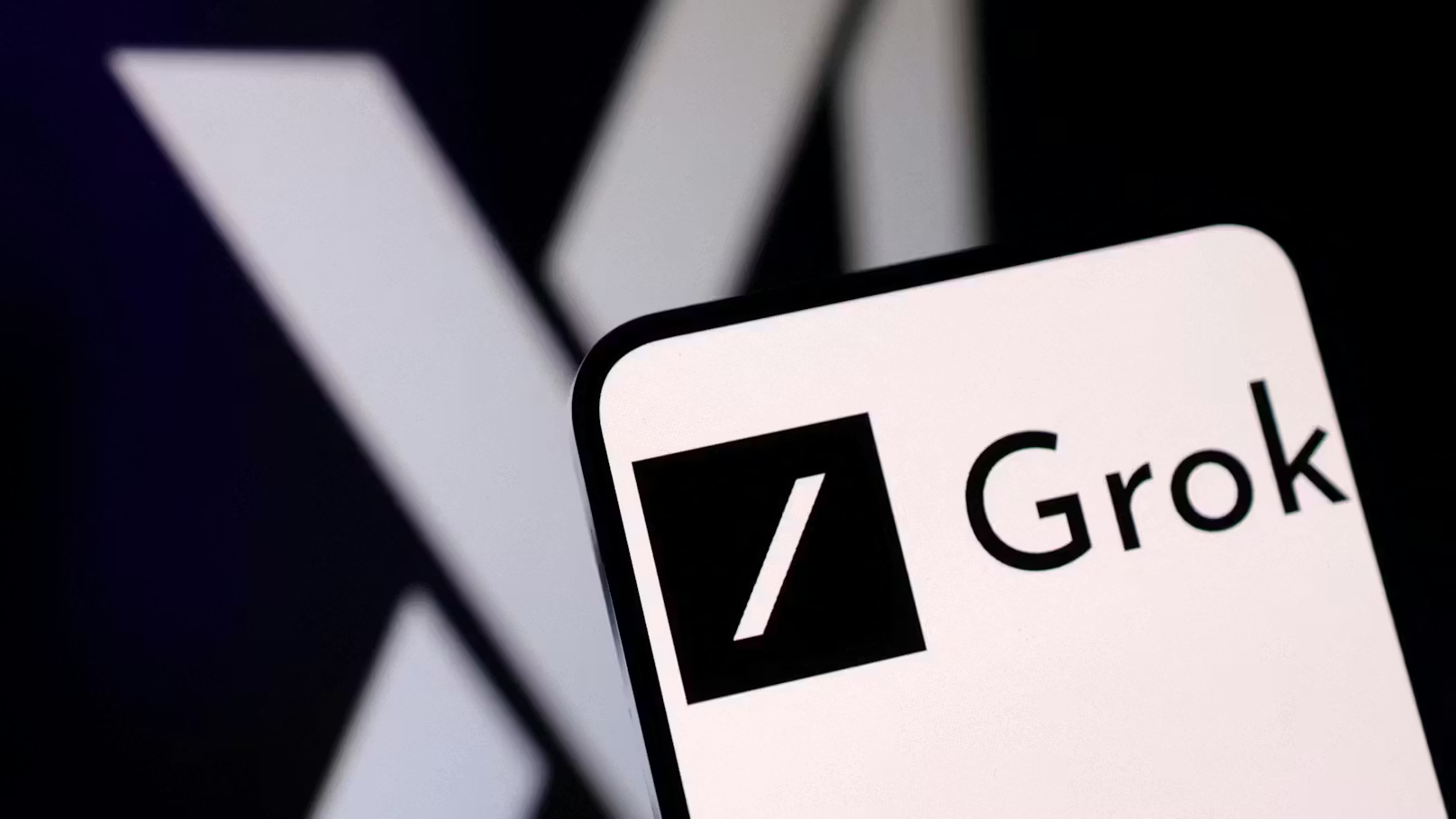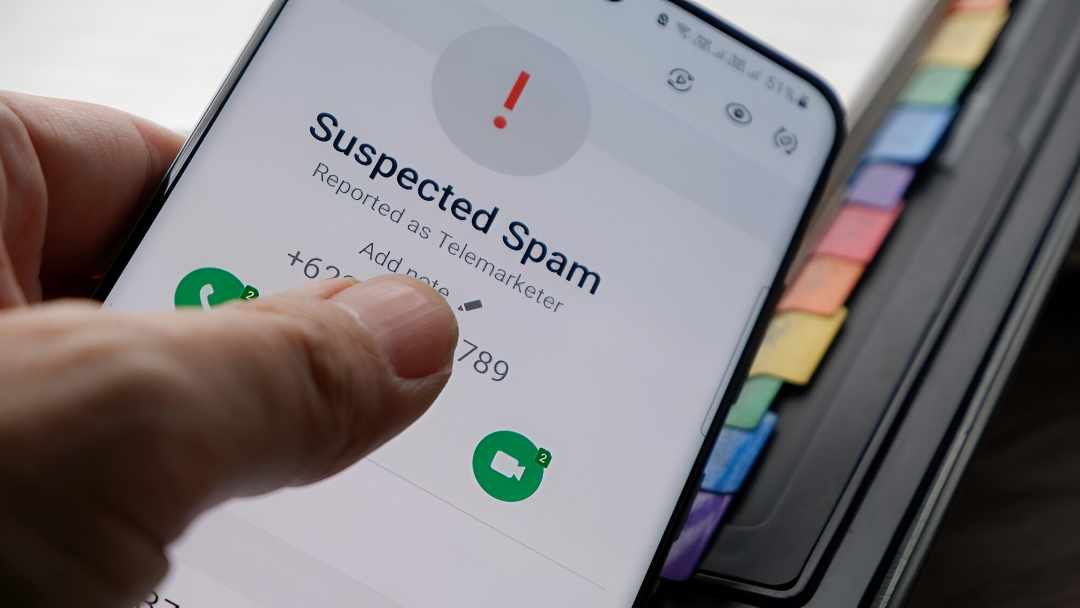Loading your usual Tuesday batch of workout clothes and towels? Your smart washing machine is taking detailed notes. Every cycle you run, every detergent choice, even the time you do laundry, becomes a data point flowing directly to manufacturers—and their advertising partners.
The Surveillance Hiding in Your Laundry Room
Major appliance brands collect massive amounts of personal data from routine washing machine use.
Smart washers from LG, Samsung, Whirlpool, Maytag, and GE transmit between 3.4MB to 19MB of text data weekly to company servers, according to Consumer Reports testing. That’s from machines used just once daily—far below typical household usage.
Your ZIP code, geolocation, phone number, and birth date get vacuumed up through companion apps, creating detailed consumer profiles that go way beyond what’s needed to wash your socks.
Your Data Becomes Their Revenue Stream
Appliance manufacturers monetize laundry habits through targeted advertising and subscription pushes.
LG’s ThinQ app contains up to ten third-party trackers monitoring your behavior. Samsung’s privacy policy explicitly allows selling customer data to third parties. Your 6 AM gym clothes cycles and weekend bedding marathons become advertising intel, feeding algorithms that push detergent subscriptions and maintenance services you never asked for.
The Hidden Costs Add Up Fast
Data-driven “optimization” features can cost hundreds annually through auto-orders and premium subscriptions.
Smart features nudge you toward automatic detergent reordering, scheduled maintenance calls, and premium app subscriptions. Like streaming services that multiply on your credit card statement, these “helpful” automations can drain hundreds from your budget annually. The washing machine that seemed like a good deal suddenly feels expensive.
Taking Back Control of Your Laundry Data
Privacy settings exist but require deliberate action to limit data collection and automatic spending.
Most manufacturers bury privacy controls deep in app settings, defaulting to maximum data harvest. Review your appliance’s privacy settings immediately after setup and disable usage reporting. Opt out of auto-ordering subscriptions. Use offline or manual modes when possible.
Check app permissions regularly—your laundry habits shouldn’t fund Silicon Valley’s next quarterly earnings call. Smart appliances should make life easier, not turn your domestic routines into profit centers for distant shareholders.




























